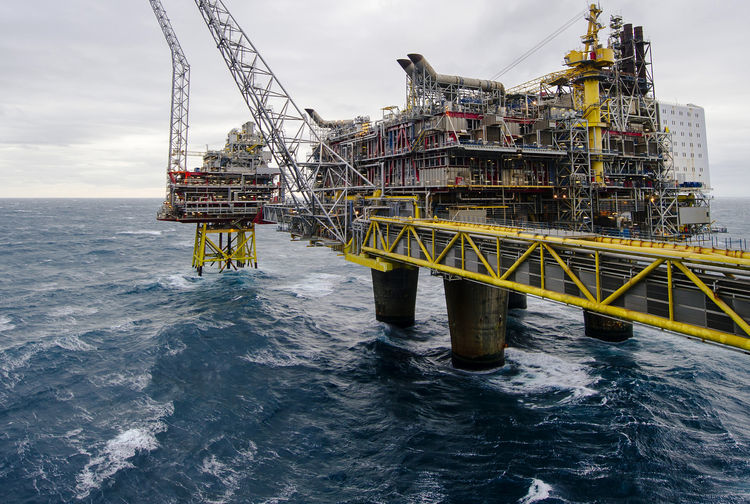
Even those oil and gas companies which didn’t express a view on “Brexit” prior to the referendum are likely to be concerned by the uncertainty and volatility which is likely to follow the “Leave” vote.
“While a vote to leave may have few short term implications for upstream players on the UKCS, many believe that it will be damaging due to economic instability and fall in the value of sterling in the immediate aftermath of a leave vote. Will the EU fall into recession?
“Many oil companies operate in countries outwith the EU and can carry on business there without huge problems. What oil companies don’t like however is uncertainty and the uncertainty involved in at least 2 years of negotiations on the terms of an exit deal, the possible outcome of those negotiations and the implementation of whatever is agreed may have negative implications for investment into and on the UKCS during those 2 years and well beyond.
“What type of trade deals will the UK enter into? Will the UK join the European Economic Area (which seems unlikely given the prominence of the “immigration” issue in the leave campaign) or will it negotiate bilateral trade agreements? What will the implications be for the movement of people (an issue close to the heart of players with pan-European operations) and for the movement of goods and services? What additional costs will be faced by an industry which is already facing huge cost challenges?
“Of course the leave vote may also lead to calls for a second referendum on Scottish independence, causing even further uncertainty in the industry.
“Upstream companies have one more thing to worry about this morning. Let’s add that to the mix of issues already facing the industry such as oil price, expenditure levels and how to turn a profit in already difficult market conditions.
James Downie, is a partner in the energy team at Stronachs.
Recommended for you
